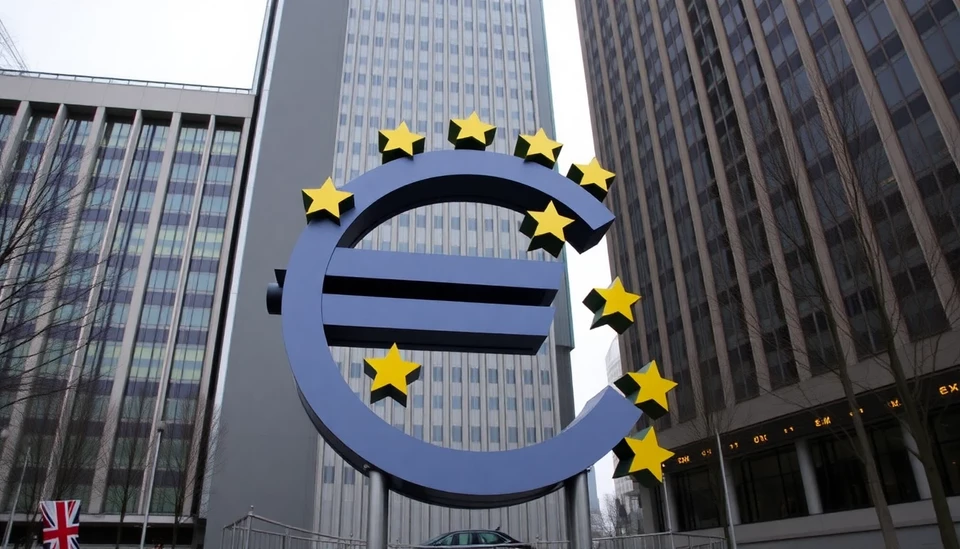
European Central Bank (ECB) officials are increasingly leaning towards the possibility of a rate cut in December 2024, as new economic data aligns more closely with the bank's inflation target of 2%. Recent discussions among policymakers suggest that economic conditions may warrant a change in monetary policy sooner than previously anticipated.
In recent comments, several members of the ECB have highlighted the need to carefully monitor economic indicators, particularly related to inflation and growth. These discussions took place after a series of economic reports suggested that inflation pressures could be easing. The ECB aims to keep inflation close to its target of 2%, and some officials argue that there may be flexibility to adjust the interest rates in response to the evolving economic landscape.
This potential shift comes at a critical juncture, as the eurozone grapples with varying economic performance among member states. Countries like Germany have shown signs of a slowdown, while others continue to demonstrate resilience. The disconnect in economic performance raises the stakes for ECB officials tasked with setting a unified monetary policy that addresses the diverse needs of the eurozone.
The anticipated rate cut could be seen as a proactive measure to stimulate growth and support recovery efforts in regions facing economic headwinds. ECB President Christine Lagarde has indicated that the central bank is open to revisiting its strategies to ensure that the economic recovery remains robust, especially considering the uncertainties brought about by geopolitical tensions and supply chain disruptions.
Furthermore, experts suggest that if inflation continues to trend downward and economic growth shows signs of a plateau, a rate cut might not only be justified but necessary. Analysts have pointed to a delicate balance between preventing recession and ensuring that inflation does not sharply decelerate below target levels.
As the December meeting of the ECB approaches, market watchers and economists alike will be keeping a close eye on subsequent economic indicators, which will undoubtedly influence the path of monetary policy. The forthcoming data releases are expected to play a crucial role in determining whether the ECB will implement this rate cut, which could set the tone for economic policy in the eurozone for the foreseeable future.
In conclusion, the insights from ECB officials suggest that a rate cut in December is becoming a very likely scenario. As policymakers navigate through complex economic dynamics, the commitment to achieving a stable and favorable economic environment remains paramount.
#ECB #InterestRates #EconomicPolicy #Inflation #Eurozone #MonetaryPolicy #RateCut
Author: Laura Mitchell




